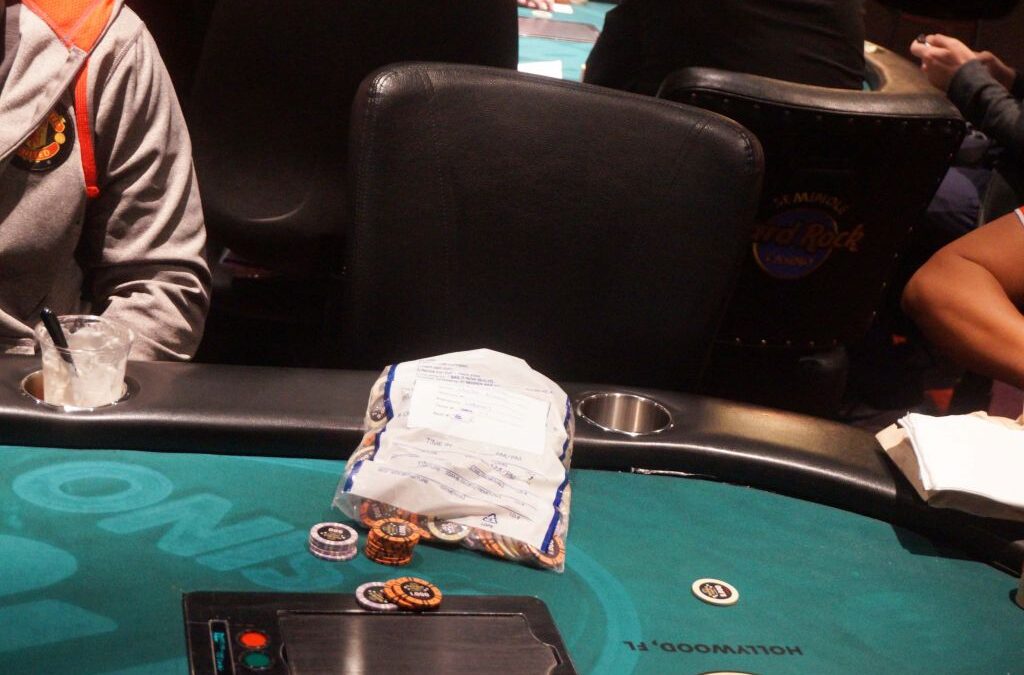I hear this from people all the time and it was something I used to question myself. It is a critical decision. You could have seen me years ago counting my chips fifty times a game and inside my head I have this constant battle going on.
Should I stay or Should I go? I think this was a popular song at one time. But when do you quit? Do I stay and either get back to even or double the gains I have attained to this point? I am not sure if any player has not asked themselves this question before. At one time I also had the habit of when I did leave of hanging around the table and if the cards seemed to be better I would beat myself up for not staying just a little longer.
I witness this all the time and can see my former self in these people. The stress it used to cause me was crazy for someone that just went to the casino for some fun and relaxation.
So, in coming up with my methodology, this was a major issue I wanted to resolve. I wanted a system that when I was winning there would be a portion of that put away never to get back to the table. I didn’t want the casino to take all my hard-earned money back but I also wanted to ensure I was “funding” continued success.
So, in my system, that I also wanted to be very simple to use and understand, I built in a “Time to Leave” strategy. That seems like a lot of elements rolled into to one system. Keep the winnings and a definite time to exit. I also wanted the chips in front of me to tell me when I should go so I wouldn’t be sitting there counting my chips after every hand.
To resolve this, I decided that every time I won, 50% of those winnings would stay with me and the other 50% would stay in the game to be used to bet. I would set up so many units that I would put at risk to lose. The initial amount I set as a stop loss would never change. That amount of chips would be out front. Half of my winnings would be added to that pile while the other half would go into my pocket. I would then keep going until my “Stop Loss” pile was empty. When that was gone so was I. I would then count the winning pile and cash out.
A funny thing happened to the way to the cashier’s window. As I would document each and every table, I saw that I was losing at more tables than I won at. However, the average loss value was a lot less than the average win value to such a degree that the wins far out paced the losses.
I would question what I was doing all the time especially if I had a string of losing tables. But my records kept me on track and I had proof in front of me that my methodology or gameplan was solid and resulted in overall winnings.


Recent Comments